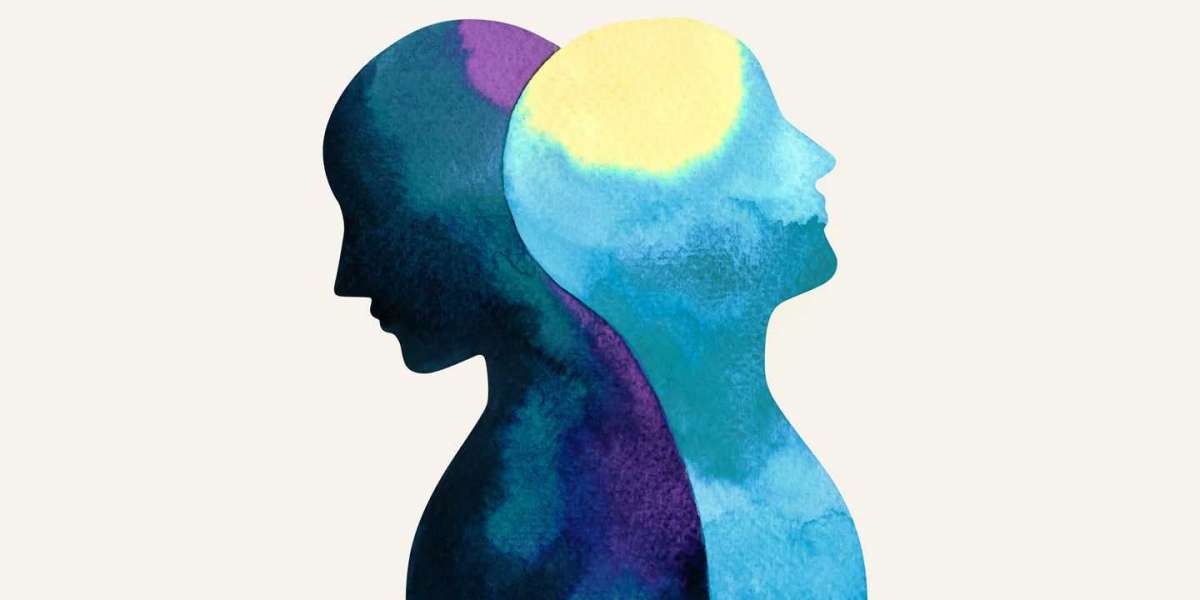When you have a substance abuse problem, it is advisable to seek help from a professional. They can advise you on the right rehab program for your specific needs. However, the most important decision that you should make is to choose a rehab program that is right for you. There are many different types of rehab programs available. You can choose to attend an outpatient treatment center or a full-fledged inpatient facility. If you are unsure about which is best for you, consult your physician and get an opinion from a professional.
Group therapy
Group therapy can be one of the most effective ways to help addicts overcome their problems. In this therapy, patients are held accountable to each other and can test out new behaviors with the support of their peers. Group therapy also requires the therapist to listen carefully, demonstrate empathy, and project self-confidence and expertise. It also requires a strong sense of ethics and the ability to balance difficult moments.
Group therapy has many different forms, but they all share some common characteristics. Some group therapies focus on the individual members, while others focus on their social and emotional development. Various types of group therapy are used, including cognitive and expressive therapies, psychodrama, and reality therapy. Some types of groups use a combination of approaches, and other types combine these to achieve the desired results.
Group therapy for addicts uses techniques that vary based on the client's stage of change. It emphasizes problem-solving and goal setting and helps clients monitor their behavior and feelings. The goal of group therapy is to help clients identify and address issues that prevent recovery and prevent relapse.
Individual counseling
Individual counseling is an important part of outpatient drug rehab. Therapy sessions are often conducted by trained professionals who work with the patient to help them overcome their addiction to drugs and alcohol. These therapists also work to prevent the patient from ever returning to their drug of choice. There are various types of therapy available in outpatient drug rehab, and they all focus on the patient's specific needs.
Cognitive behavioral therapy focuses on a person's thoughts and behaviors. It integrates the behavioral and cognitive theories to help a person identify and replace negative thoughts with more constructive ones. This therapy can help a person identify the specific thought patterns that may be contributing to their substance abuse and addiction.
Individual counseling is beneficial for many reasons. First, it provides a focused environment where the client can express their feelings, fears, and problems. It also allows the client to develop a close relationship with their therapist. This allows them to explore the underlying causes of their addiction and develop strategies to manage it in the future.
Intensive outpatient treatment
An intensive outpatient drug rehab program is an alternative to inpatient treatment because it allows you to go home after each treatment day. Inpatient treatment is typically reserved for individuals with severe and long-standing addictions. The major advantage of intensive outpatient treatment is that it is less expensive, more flexible, and more accessible.
Intensive outpatient programs are designed to help people in the early stages of recovery when they are most vulnerable. The goal of this type of treatment is to alleviate fears and uncertainties about sobriety outside of residential treatment. In addition, intensive outpatient programs are designed to provide comprehensive resources and compassionate guidance. In both types of treatment, a specialized team works with patients to provide them with the care they need.
Intensive outpatient programs often include therapy sessions. Some programs offer alternative therapies to help clients tap into nonverbal methods of healing. These sessions are led by a trained therapist and usually take place in a group setting. Many IOPs also encourage clients to participate in peer support groups. Some programs hold meetings on the premises, while others may be held online.
Structured program
A structured program for outpatient drug rehab is a type of treatment program that helps patients recover from drug addiction. It includes counseling and group therapy. The programs address the psychological, social, and behavioral factors that lead to substance use. In addition, patients are provided with 24-hour medical care and safe housing. This is an especially important option for those with severe drug problems.
Outpatient treatment can be more convenient for individuals seeking treatment. Most outpatient rehab programs are offered in the privacy of a patient's home. Although this method is less intense than inpatient treatment, it allows the patient to continue to live in their community and maintain their job or personal life.
Outpatient drug rehab programs vary in terms of the level of care they offer. The lowest intensity programs focus on drug education, while the highest intensity programs provide intensive forms of treatment. In addition, patients can participate in group therapy or participate in life skills classes to help them get back on track.







